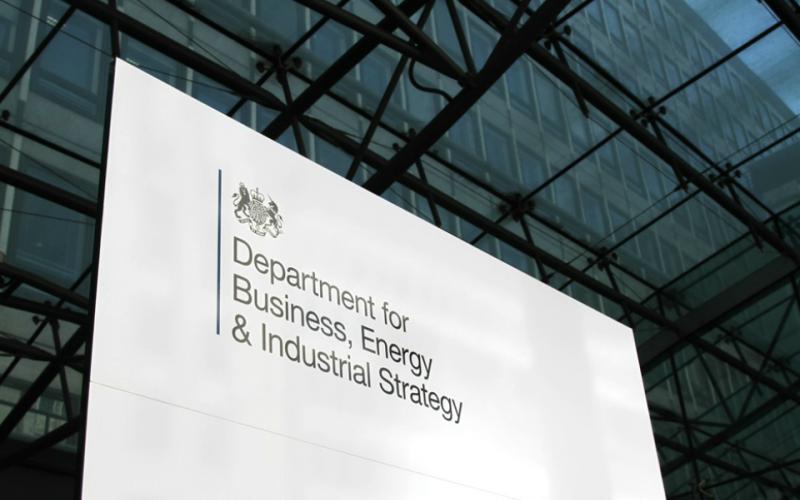The government’s new industrial strategy has made local smart energy systems one of its priority areas of development.
Published this morning, the industrial strategy places clean growth among four ‘Grand Challenges’ that it aims to solve. It describes decarbonisation as one of the “greatest industrial opportunities of our time”, and discusses the government’s intention to place the UK at the forefront of it.
While specific energy-related commitments are scant – the government has already published its Clean Growth Strategy which outlined these policies in detail – the strategy does discuss the need to remodel the national electricity grid to enable the various different kinds of renewable generation that are coming on-stream.
The government also intends to embrace new technologies that enable far greater storage of electricity and the management of demand.
This stems from the 2,000 responses the government received to its original green paper, published earlier this year, which suggested that it takes a whole systems approach to the energy market. The government has agreed with this approach and narrowed in on the establishment of local, smart energy grids to take this approach further.
Developments in this area are also expected to feed into the wider decarbonisation of heat and transport.
“Smart systems can link energy supply, storage and use, and join up power, heating and transport to increase efficiency dramatically. By developing these world-leading systems in the UK, we can cut bills while creating high value jobs for the future,” the strategy states.
The government has also committed to implement its Smart Systems & Flexibility Plan in full by 2022 to enable a more flexible approach to energy, centred around the use of smart meters.
The government is still committed to completing the roll-out of smart meters by 2020 despite calls from energy companies, particularly Centrica, to relax the roll-out programme to save costs.
Meanwhile further details have emerged regarding the government’s £400 million EV charging infrastructure fund which was pledged during last week’s Budget.
It will form part of a zero emission road transport strategy to be published in the coming months, with a further £40 million pledged to support research and development of on-street and wireless charging technologies.
The strategy also claims that the government is to enact legislation forcing new homes to be built with all the required cabling to enable EV charge points to be installed. This is already legislated for in the European Union, indicating the government’s willingness to carry this over post-Brexit.
Business secretary Greg Clarke said the new industrial strategy was “unashamedly ambitious”.
“The way we earn and live our lives as workers, citizens and consumers is being transformed by new technologies. The UK is well-placed to benefit from this new industrial revolution and we start from a position of significant strength. We have a thriving research and science base and are home to a wide range of innovative sectors, from advanced manufacturing and life sciences, to fintech and creative industries,” he said.






